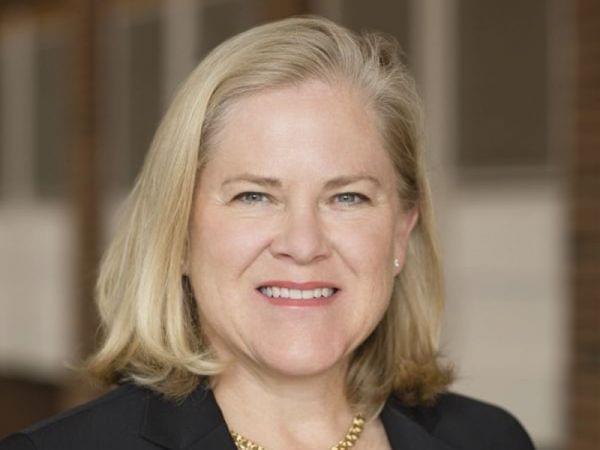Presidential Pardons

University of Illinois College of Law
The first clause of Article II, Section 2 of the United States Constitution gives the President the plenary power to issue pardons. There are just two stated limits on this power: pardons may only extend to federal offenses, and pardons cannot be given in cases of impeachment.
The pardon power traces back to the old kings of England, who would use the Royal Prerogative of Mercy to grant clemency where they felt it appropriate. In Federalist Number 74, Alexander Hamilton explained that the power to pardon in the United States Constitution was envisioned as a check on the criminal justice system, to be exercised where a conviction was incorrect or a sentence too severe, or when the national interest required it. A president who wishes to issue a pardon has many choices. The president can issue a full pardon, before, during, or after an offense is committed. Or, the president can issue a reprieve, lessening the severity of a sentence while leaving a conviction in place. The president can even vacate a conviction, but leave some or all of the sentence in place. So, the president can pardon a crime, but still require restitution.
Interestingly, a presidential pardon may be rejected by the recipient. President Andrew Jackson pardoned George Wilson, who had been convicted of robbing the United States mails. But Wilson refused the pardon, and the Supreme Court found that a pardon was not valid unless it was accepted. So, Wilson’s conviction remained in place, and he was executed for his crimes. The only president who has been pardoned was, of course, Richard Nixon, who was pardoned by Gerald Ford just before he was to be indicted for his role in the Watergate scandal. President Ford said he pardoned Nixon to preserve the tranquility of the nation after Nixon resigned the presidency.
We know that a valid presidential pardon yields full legal forgiveness. In the 1866 Supreme Court case, Ex Parte Garland, the Court noted that not only does it eliminate any imposed sentence, but it also removes any taint associated with a conviction. So, the pardoned felon may vote, own a gun, or hold a professional license. We also know that a valid pardon is beyond the reach of any subsequent administrative or legal action, even by the president himself, once the paperwork is complete. Because of this, a pardoned person may not be prosecuted for federal offenses pertaining to the pardon.
However, a presidential pardon is not automatically a bar to state court prosecution. This is because the President of the United States does not have the power to pardon state crimes. And the fact that relatively few Supreme Court cases have looked at the pardon power leaves other questions unanswered. Can a president pardon himself? Could the scope of such a pardon automatically extend to all state court claims? There are no guiding cases on these subjects. Supreme Court Justice Sandra Day O’Connor said that a commitment to the rule of law provides the basic assurance that people can know what to expect. But where the legal terrain is uncharted, we can only await further developments.

